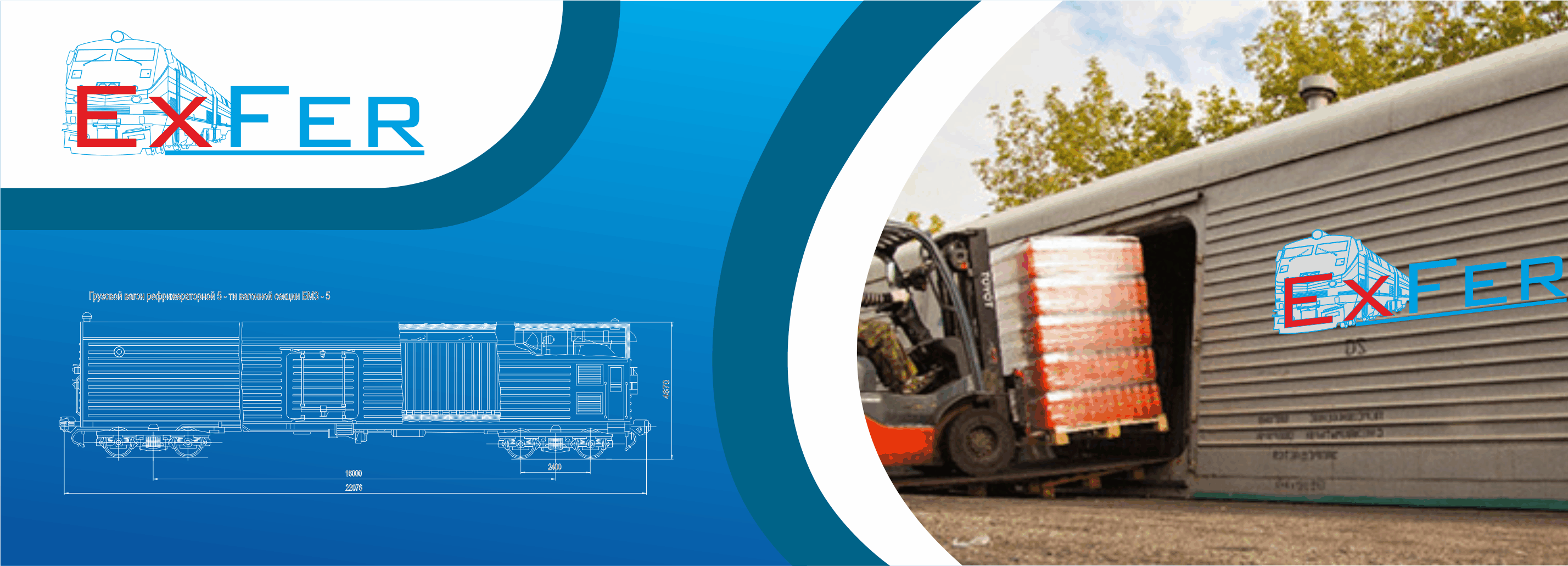
⇒ONLINE ORDER
Perishable goods are those that are caused by the loss of their original properties during improper transportation. In other words, damage after a certain period of time. To avoid such annoying moments, you need to adhere to a number of rules. Namely, follow the rules for the transportation of necessary goods in the necessary special modes.
Those requiring special temperature mainly include products of plant and animal origin. Including live plants and seeds. Therefore, transportation of this type of cargo should be carried out in a frozen or slightly chilled condition. As a rule, in order to reduce the intensity of biochemical processes. Transportation of products, a specific temperature regime by rail is preferred for the following categories of goods: fish, meat, dairy products and vegetables. Therefore, those that can be translated by refrigerators, as well as a variety of canned goods and drinks.
The transportation of perishable goods is such a transportation. Which can be affected by the following factors:
Container and packaging.
Preparation of transport.
The time interval during which the transportation is carried out. Including the period of storage in warehouses.
Methods of unloading and loading.
The condition of the goods before transportation.
Sanitary and hygienic characteristics of the wagon for products that are transported.
Seasonal and climatic conditions.
Methods of placement during storage and delivery.
For the transport of perishable food identical requirements. Both in the case of road transport, and in the case of rail.
For the most efficient delivery of goods, the following steps must be followed:
1) Checking the quantity and quality of the goods when sending.
2) Preparation of the necessary documentation.
3) Inspection of the quality of the composition in which it is planned to transport the goods. As well as containers in which products will be directly located. Namely, for the lack of odors, the integrity of the design and the serviceability of the refrigeration unit.
4) Tracking the correct loading.
5) The installation of the desired temperature, as well as indicators of humidity and composition of air and ventilation.
6) Compliance with the terms of transportation.
7) Implementation of loading in accordance with all the rules.
Subject to all the necessary rules, your cargo will be protected from hypothermia, overheating, smell, drying out, freezing, physical damage, the formation of an unpleasant aftertaste, rotting, increased fermentation, as well as damage to packaging or loss of presentation.
For the transportation of perishable goods, it is necessary to develop special organizational measures that will be carried out in accordance with the developed plan, taking into account the nomenclature of all products transported by these compositions.
In conclusion, it becomes clear that the transportation of perishable goods with ExFer is reliable.
